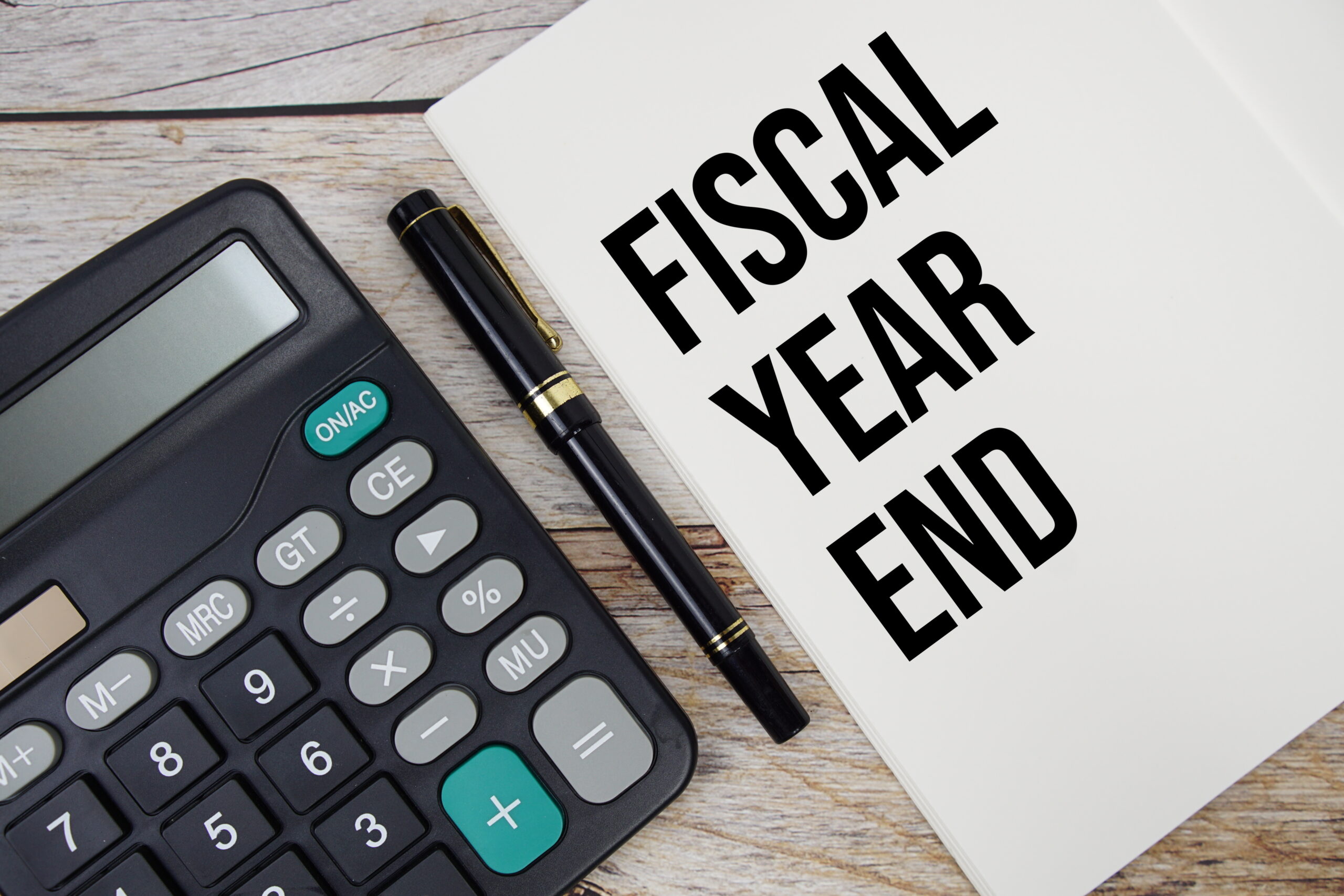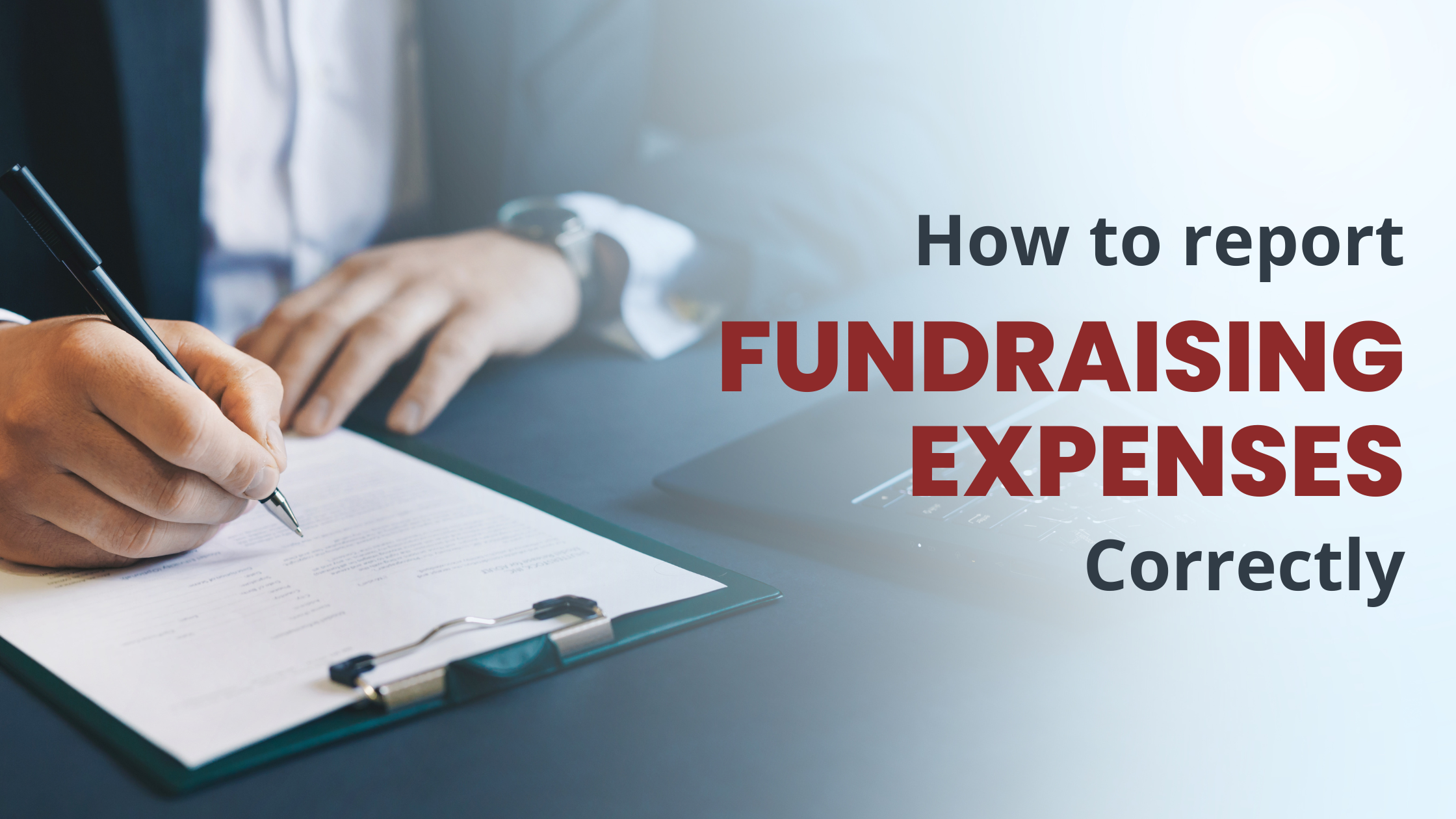As another fiscal year wraps up, your nonprofit may find itself buried in reports, reconciliations, and audits. But FYE data is more than just something for your auditors or board to review; it’s a valuable tool for driving strategic growth and ensuring sustainability. Let’s take a closer look at what your data can reveal and…
Category: Financial Assessment
Happy New Fiscal Year! 10 Steps to End Your Fiscal Year Strong and Start the New Year Fresh
For many nonprofits, a June 30 fiscal year-end means July kicks off not only a new reporting cycle, but a fresh opportunity to reflect, reset, and prepare for what’s ahead. Whether you’re breathing a sigh of relief or gearing up for an audit, now is the ideal time to close out the year thoughtfully. At…
Streamlining Audits with PBC Checklists: What You Need to Know
If you are approaching an annual audit or if you’ve had an annual audit, you’ve likely encountered the term “PBC.” But what exactly does it entail? To truly grasp the significance of an audit, it’s essential to redefine its purpose. Many organizations perceive audits solely as a means to generate financial statements. It’s not uncommon…
Navigating Nonprofit Finances: Key Reports and Expert Presentation Tips
In the realm of nonprofit accounting and finance, the responsibility often falls on professionals to prepare and present financial reports to organizational leadership and stakeholders. While this task may initially appear daunting, adopting strategic approaches ensures the effective and confident presentation of financial reports. This article delves into key components of financial reporting for nonprofits…
The ASC-842 Dilemma: Challenges Nonprofit Organizations Face in Lease Compliance
Welcome to the intriguing world of lease compliance for nonprofit organizations! Today, we explore the challenges that lie ahead as these noble entities tackle the ASC-842 accounting standard. We’ll delve into the complexities of lease management without getting entangled in technical jargon. Nonprofit organizations, renowned for their admirable missions and dedication to social causes, now…
UBIT Explained: Demystifying Nonprofit Accounting and Taxation
When it comes to nonprofit accounting, understanding the concept of Unrelated Business Income Tax (UBIT) is crucial. UBIT is a tax imposed on the income generated by tax-exempt organizations through unrelated business activities. In this blog post, we will explore what UBIT is, its importance for nonprofits, and delve into the types of activities typically…
Key Audit Strategies for Nonprofits: Ensuring a Smooth and Uneventful Audit
For nonprofit organizations, audits are an essential part of maintaining transparency, accountability, and public trust. However, the audit process can be daunting and time-consuming, often leaving nonprofit leaders feeling overwhelmed. To ensure a smooth and uneventful audit, it is crucial to implement effective preparation strategies that streamline the process and mitigate potential issues. Let’s explore…
How Effective Cash Flow Management Boosts Your Nonprofit
Cash flow management in any organization is nothing more than the mix and timing of cash receipts and cash payments. In its most simplistic form, it is cash in and cash out and, ultimately, it is where budgets, projections and forecasts meet reality. It is critical to ensuring that funds are available to pay the…
Mastering Financial Transparency: How to Report Fundraising Expenses Correctly
Updated: March, 13, 2025 It goes without saying that, for many nonprofits, fundraising is a crucial element towards achieving its goals. Not only does fundraising generate revenue to support mission-critical programs, it can also provide a valuable opportunity to raise awareness for your cause. Guaranteeing your organization’s success beyond the next quarter requires careful planning…
Why Numbers Matter to a Nonprofit Board
For Nonprofit Boards, Numbers Are a Necessity As a Board member for a nonprofit organization, you’re expected to attend Board meetings, monitor fundraising and management, digest reports, and help the organization determine its strategic direction. You’re also expected—and, indeed, compelled by law—to oversee the organization’s finances as part of the fiduciary responsibility of a Board. …










